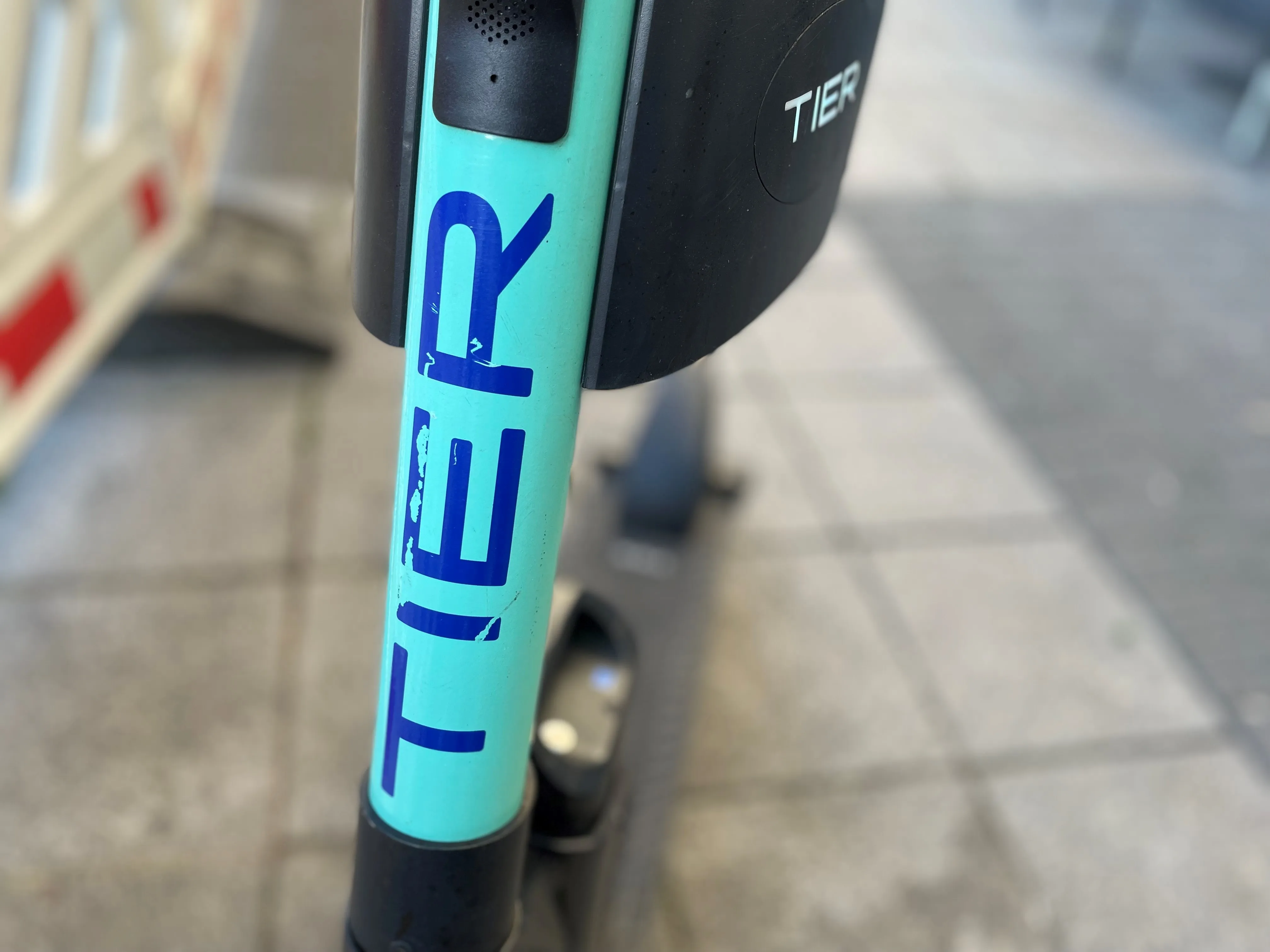
The Toyota Mobility Foundation and Energy Systems Network (ESN) have chosen May Mobility and Udelv as the first deployments of the Future Mobility District in Indiana.
The district – established in collaboration with the Indiana Economic Development Corporation – is expected to aid research and development in advanced mobility technologies.
May Mobility is to operate two six-month autonomous vehicle (AV) shuttle services for people in the cities of Indianapolis and Fishers.
Toyota says the Indianapolis deployment will provide a connection from the nearby Vermont Station – along IndyGO's Red Line – to areas west of downtown.
The fixed-route service will launch in May and include five Lexus RX450h vehicles equipped with May Mobility's autonomous technology alongside one wheelchair-accessible Polaris GEM shuttle.
May Mobility co-founder Edwin Olson says: "Our mission is to offer safe, reliable and accessible transportation options that can seamlessly integrate with the available public and private services. And with every new deployment, we are able to expand our capabilities to better serve the riders and communities."
Prior to the launch, May Mobility is to establish its regional headquarters (HQ) at the Indiana Internet of Things (IoT) lab in Fishers. The company will then commence AV operations in Fishers in November 2021.
Udelv – an autonomous delivery platform – will start operating in Indianapolis with one Toyota Sienna equipped with their delivery management system (DMS) technology.
According to Toyota, Udelv's DMS improves the living quality in cities by reducing overall traffic.
The DMS consists of the uPod automated cargo pod and a cloud-based operating system called UdelvOS.
Through Udelv's uPod, Toyota explains that goods are retrieved from an individual compartment by consumers without direct contact with the vehicle's driver.
ESN managing director Matt Peak says: "The introduction of the Indiana Future Mobility District's first two mobility services are major steps forward for defining the initiative and validating its model for cost-effective and cooperative mobility technologies. The integration of additive technologies into the region's existing transportation resources will continue to push central Indiana to the cutting edge of innovation and help inform deployment strategies in other regions."
Additional details about the Future Mobility District initiative deployments and how to get involved will be available in the coming months.










